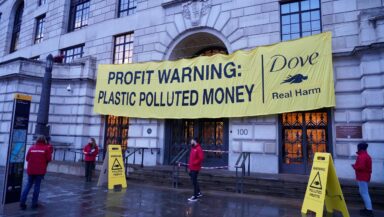Key points
We propose the Government increases the tax level on oil and gas producer profits to 70% as an absolute minimum.
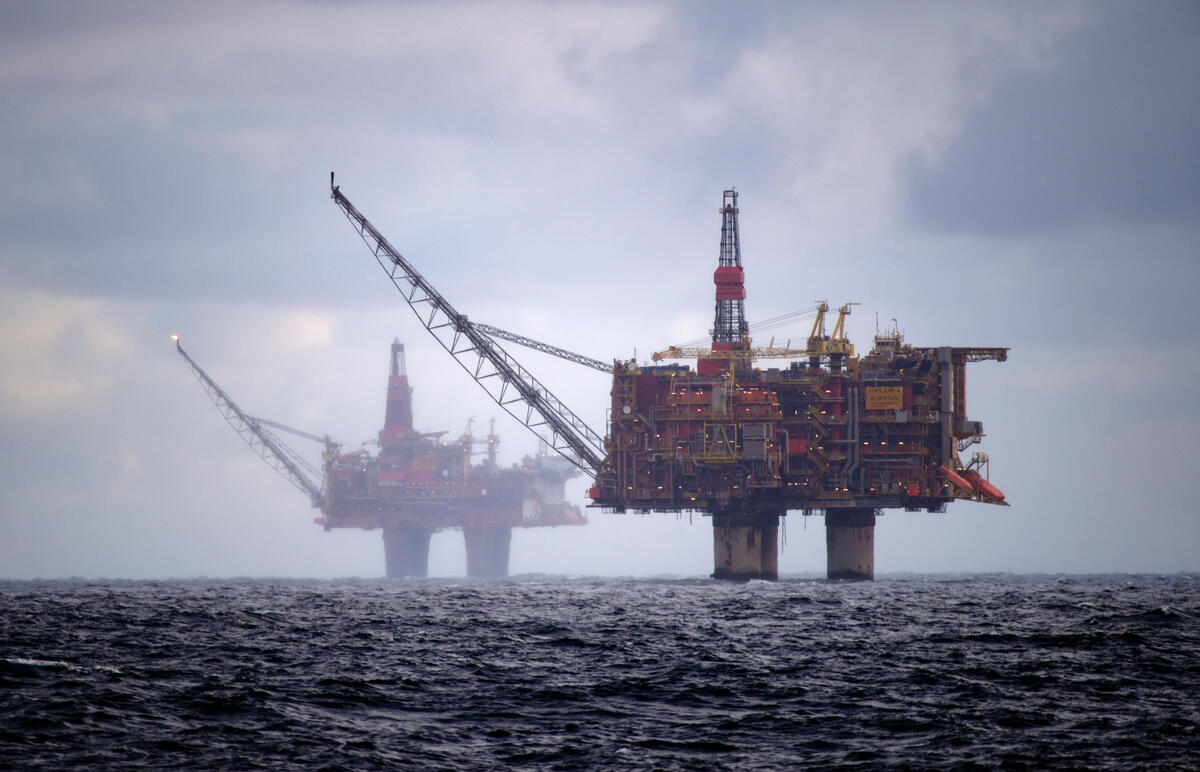
This would generate an additional £13.4 billion in tax revenue, on top of what's already expected from the current tax level.
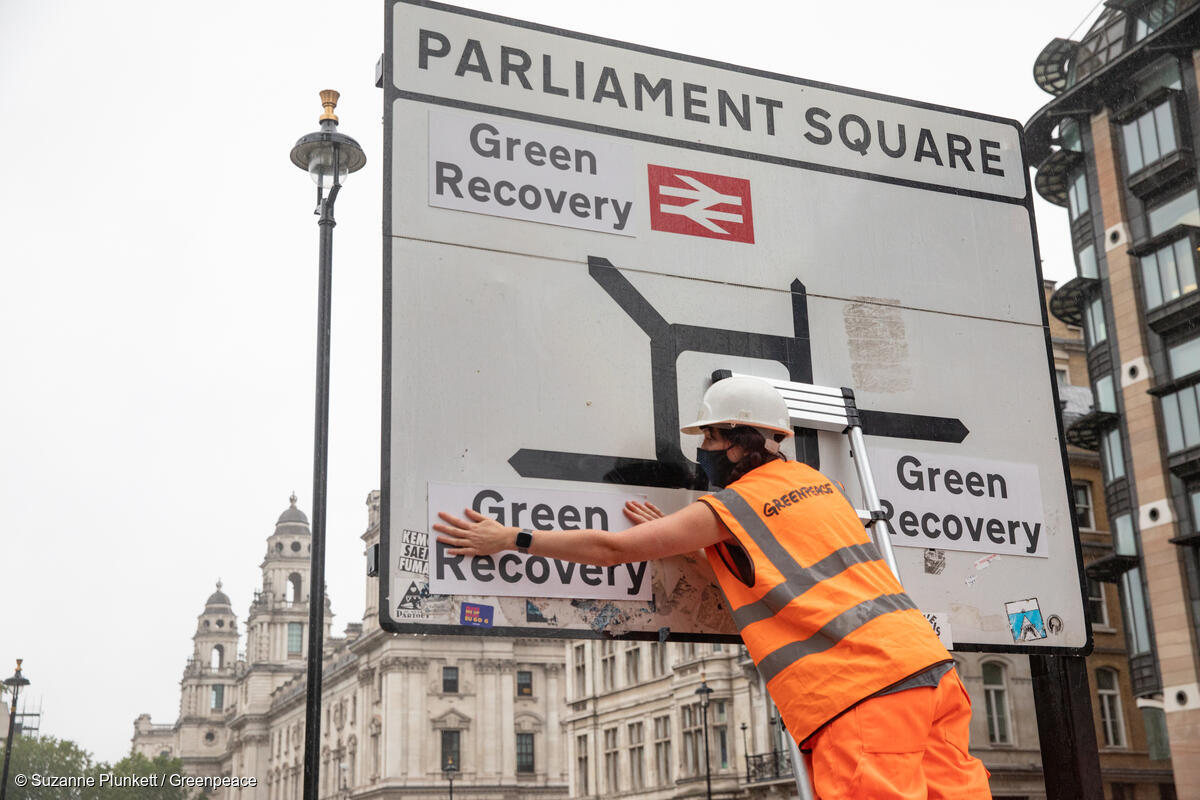
The money should spent on support for people in fuel poverty, and on sustainable technologies and infrastructure.
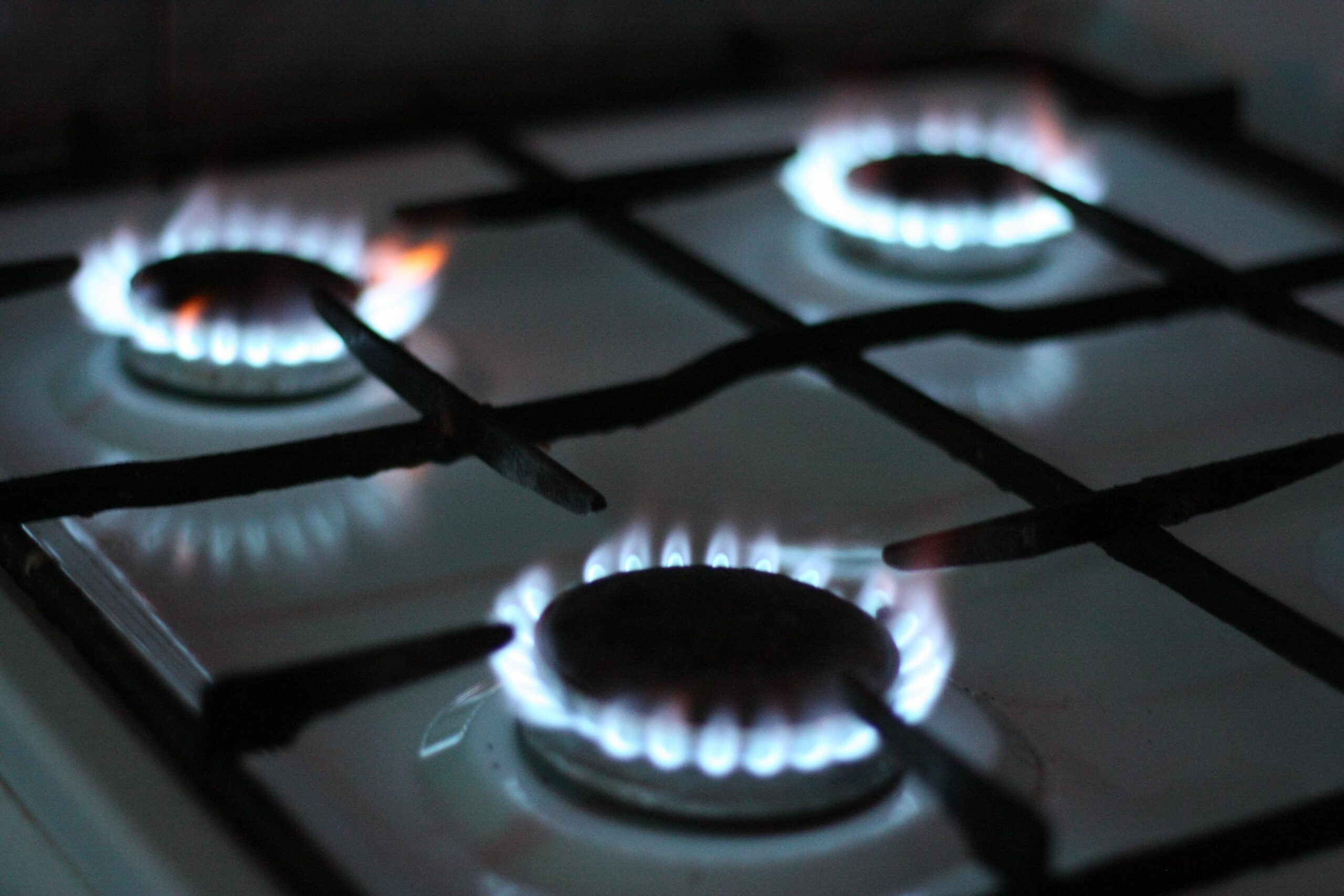
Download PDF
Get this briefing in pdf format
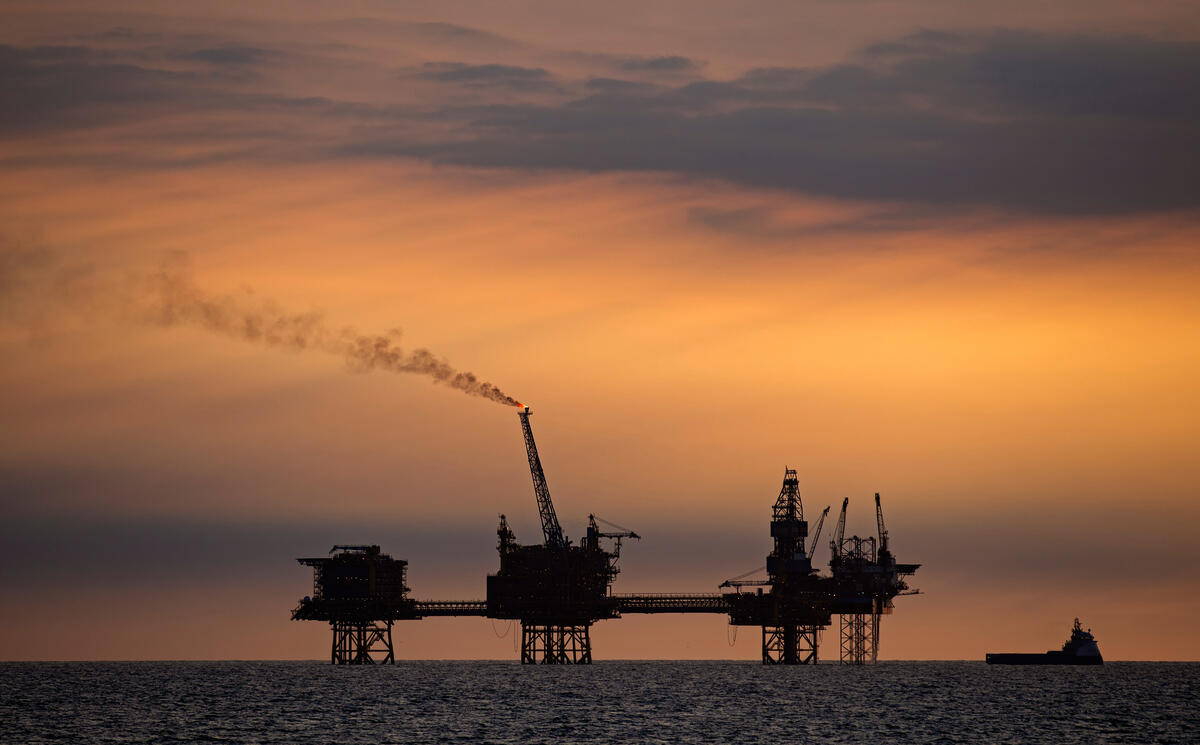
Why a tax on unprecedented oil and gas profits (windfall tax) makes sense
Russia’s war in Ukraine has caused oil and gas prices to soar, as many nations seek to stop buying from Russia (one of the world’s largest producers). Prices for oil and gas were comparatively high even before the invasion of Ukraine. Consumers have borne the brunt of higher retail prices, while producers, who now are operating in an unprecedentedly overheated market, are reaping the rewards in the form of astronomical profits.
The energy price cap rise in April saw an average increase to household bills of £693 for around 18 million households on standard tariffs and £708 for 4.5 million prepayment customers. This is on top of an increase of £139 per household (£153 for those on pre-payment meters) from the period of October 2021 to March this year, when gas prices had already started to rise. For poorer households, these are unmanageable extra costs, and further rises in October 2022, will add to the burden.
As a result of the war in Ukraine alone, the UK oil and gas industry is likely to generate an estimated £11.6 billion in extra profit. Using data from leading industry analysts Rystad Energy, Greenpeace and Oil Change International have calculated that the wartime jump in global energy prices will lead to a projected increase in profits from extracting UK oil and gas of 111%. Producers have not had to invest any extra or take new risks to get these bumper profits.
What level should the tax on oil and gas profits be set at & how does that relate to other levels across the world?
Currently, the UK government taxes oil and gas producers 40% on profits from North Sea extraction. This is the lowest government tax take in the world from an offshore oil and gas regime. A 70% overall tax level on oil and gas producer profits, the global average, would be the same level as in Angola and Trinidad, while the tax takes of Norway, Mexico and India are still higher.
We propose the Government increases the tax level on oil and gas producer profits to 70% as an absolute minimum, given the cost of living crisis and unprecedented oil and gas profits. This tax level would generate an additional £13.4 billion for the Exchequer, on top of the revenue expected from the current tax level of 40% on oil and gas profits at pre-war prices. This should be directed to support households experiencing fuel poverty, as well as to support investment in sustainable transition technologies and infrastructure like energy efficiency and heat pumps.
What should the money be spent on?
The £13.4 billion extra tax take which the Treasury would receive from just one year of increasing the oil and gas producer profit tax level from 40% to 70% could directly relieve energy poverty in the UK and cover the entire investment required for energy efficiency this Parliament. This would help ensure future energy resilience through reducing our dependence on fossil fuels.
Assuming a further energy bill rise of £779 in October 2022 taking the price cap to nearly £2800, £7.9 billion could go directly towards covering the additional energy bill costs since October 2021 for the six million households experiencing fuel poverty, covering the bill rises between October 2021 and April 2023. £5.2 billion could go towards fulfilling the Conservative manifesto commitment to funding energy efficiency through existing schemes (Home Upgrade Grant and Social Housing Decarbonisation Scheme) and providing a new grant, available to all households, to insulate homes. The remaining £0.3 billion could either cover energy bill rises if more than predicted, or contribute towards supporting a market mechanism to accelerate the transition away from gas heating and boost heat pump installation.
In times of such unexpected profits, alongside the double-crises of the cost of living and the climate emergency, it is time for the government to step in and act, just as Chancellor George Osborne did in 2011 and Margaret Thatcher’s Government in 1981.
What about spending the revenue on new oil and gas or new nuclear?
Recent reports suggest the Government is deliberating over how a windfall tax might be spent. Spending on new nuclear power stations or new North Sea oil and gas would do nothing for people facing a cost-of-living crisis now, when they would take on average 13 and 28 years respectively to deliver. In contrast to the long timeframes for production and often escalating costs of new nuclear and oil and gas, energy efficiency measures and clean heating installations are the quickest way for the UK to reduce its dependence on expensive gas, eliminate Russian imports, and lower consumers’ energy bills for the long term. This is also vital for UK climate leadership.
Offshore wind is also much quicker and cheaper to deliver than nuclear. Applying a windfall tax on electricity generation would pose a higher risk of stifling investment than just taxing oil and gas profits, given the power producers are often big offshore wind investors. So this tax design should be approached with immense care.
Who supports the idea of higher tax on oil and gas profits already?
There is broad and growing support for a tax on oil and gas windfalls – from the Government’s own backbenches, to industry, as well as opposition parties. The Telegraph revealed internal government polling, which found that the measure is “wildly popular” with voters. As many as 8 in 10 people backed it.
Tesco Chairman John Allan has backed calls for a windfall tax, saying there is an “overwhelming case” for it. John Lewis CEO Dame Sharon White has said that “due to the severity and the urgency of the situation,” a windfall tax is reasonable. And Conservative chair of the Treasury Select Committee Mel Stride said that although he would normally oppose it, the current “extraordinary circumstances” meant there was a case for looking at “a one-off windfall tax.” Former Treasury Minister Jesse Norman has said the arguments against such a tax are ‘very weak’.
Would it deter investment in the North Sea transition?
No. A tax level of 70% on the profits of oil and gas companies would still leave them with £8.8 billion in free cash flow to support investment in the North Sea transition. BP has also clarified that a windfall tax would not have any effect on their planned UK investments.
It is also worth bearing in mind that oil and gas companies are not currently prioritising investment in clean energy. For example, two fifths of BPs first quarter profit will be spent on share buy-backs. Shell has a programme of $8.5bn share buy-backs in the first half of 2022, when first quarter profits are $9.1bn. Both these are in addition to dividend payments. In fact currently very little money made by North Sea oil and gas operators is going into clean energy.
Would cuts to oil and gas dividends have a negative impact on pension funds?
The impact would be minimal. Most occupational pension schemes that are currently paying benefits do not have significant holdings in equities. The TUC and High Pay Centre have examined shareholdings and concluded that “only a tiny proportion of UK dividends and buybacks accrue to UK pension funds” as they hold under 6% of UK shares, even including indirect holdings.
Furthermore, for those pension funds that do hold equities and would therefore benefit from shareholder payouts associated with higher oil and gas profits, it is important to remember that the distribution of these proceeds is highly uneven. The top 10% of the population by income own almost half of all pension wealth in the UK – seven times more than the bottom 50% combined.
Contact: Ami McCarthy, Political Campaigner, Greenpeace UK ami.mccarthy@greenpeace.org

